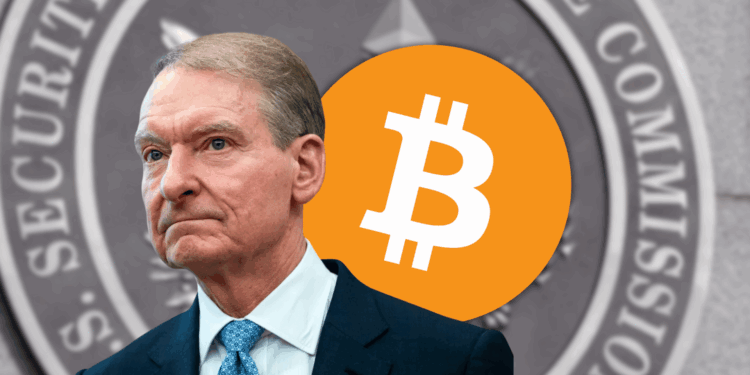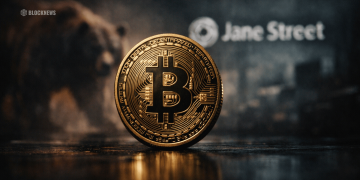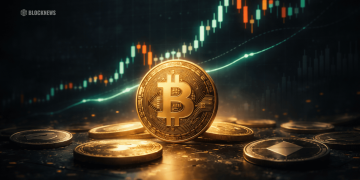- SEC Chair Paul Atkins says crypto fraud remains a major focus, though enforcement is tricky when balancing innovation.
- He flagged risks around giving retail investors access to private credit markets, warning they might get stuck with bad deals.
- The SEC continues to field thousands of whistleblower tips, including around insider trading by public officials.
SEC Chairman Paul Atkins dropped by CNBC’s Squawk Box Wednesday morning, and let’s just say—it wasn’t your average regulatory update. Between meme coins named after TV hosts and quiet nods to encrypted trading shenanigans, the conversation took some interesting turns.
Atkins didn’t hold back when it came to crypto fraud. “Fraud is fraud,” he said flatly, responding to questions about sketchy activity happening on apps like Telegram and Signal. There’s been no shortage of eyebrow-raising trading patterns in crypto, but surprisingly few insider trading cases have been brought. Still, Atkins insists the SEC is in the mix. “We’ve been very active in that area,” he noted—though he admitted enforcement is a balancing act. Go too hard, and innovation suffers. Go too soft, and, well… you know how that ends.
A Meme Coin With a Market Cap in the Millions?
In an oddly meta twist, the hosts brought up “Sorkin coin,” a satirical meme token named after host Andrew Ross Sorkin. At one point, it had a market cap in the hundreds of millions. Yes, really. Atkins acknowledged that the rise of crypto—and meme culture—has forced regulators to adapt. But the goal, he said, remains the same: protect investors and keep the markets fair.
Insider Trading, Congress, and Whistleblowers
The topic of lawmakers trading stocks came up too, and Atkins didn’t dodge. While the STOCK Act was meant to bring transparency, he admitted enforcement is “challenging.” The SEC is buried in whistleblower tips—thousands of them—and while he didn’t name names, he made it clear: “We take all tips seriously.”
On the topic of company disclosures, Atkins emphasized that we’re in a new era. Tweets, podcasts, livestreams—all part of how firms share updates now. And it’s up to those companies, he said, to ensure the information is spread fairly.
Retail Access to Private Credit? Maybe Pump the Brakes
Atkins also voiced caution around expanding retail access to private credit markets. There’s a risk, he warned, that regular investors might get handed the worst deals—stuff already turned down by institutional players. Not ideal. The SEC is “at a cusp” of reviewing the rules, he said, especially criteria like who qualifies as an accredited investor. Transparency and protections will be critical as private markets evolve.
All in all, Atkins seemed to acknowledge that while the SEC has its hands full, it’s trying to walk the tightrope between regulation and room for innovation. “Very important to have good protections in place,” he concluded—especially with the market’s rapid shape-shifting.














